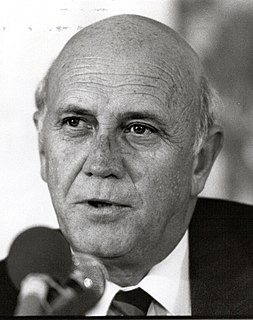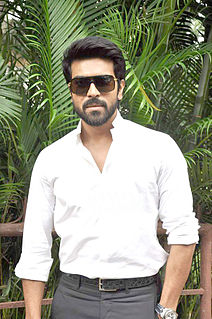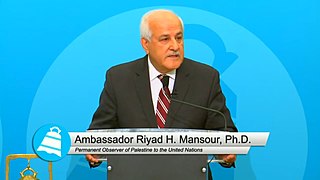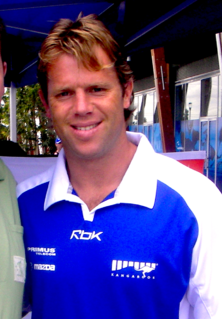A Quote by Virginia Postrel
The history of the Internet is not, as some people have tried to make it, a libertarian just-so story. It is a messy tale in which the government played a significant role. That role was, however, far more subtle than the plans of industrial policy gurus or techno-boosting politicians.
Related Quotes
Sanctions kept us on our toes, it made us realize that we were drifting into a situation of growing isolation so I wouldn't go as far as to say sanctions didn't play a role but if I were to put on a scale, the issues of conscience played a much greater role than the sanctions. We could have withstood sanctions for many more years. We became experts in circumventing sanctions... So sanctions played a role but it wasn't the major role.
I think poetry can be a kind of secular way in which people can be led to approach the difficult parts of their life, where there's been loss, where there's sadness of a deep kind. If poetry can help people to be more at ease in expressing even to themselves a lot of the darkness and pain of ordinary human existence, then it's serving some kind of cultural role, perhaps more than a cultural role, perhaps it is serving something of a spiritual role.
That is again the same story played on a more subtle level. That's what the religious people have been doing down the ages - pious egoists they have been. They have made their ego even more decorated; it has taken the color of religion and holiness. Your ego is better than the ego of a saint; your ego is better, far better - because your ego is very gross, and the gross ego can be understood and dropped more easily than the subtle. The subtle ego goes on playing such games that it is very difficult. One will need absolute awareness to watch it.
We have to get the federal government out of the business of educating our kids and telling us how to do it. But when you look at how we are failing our kids and how the story that they hear about the United States and about the role we've played in the world and our role as the defender of freedom for millions across the world throughout history, you know, they aren't being prepared to stand up and work and fight and defend this nation.
The church must never become a government factory, carrying on a nationalized industry of religion with the people as the bolts and nuts; with God reduced to the role of cramped advocate of current national policy. Surely the pages of history are replete and the examples in many a foreign country convincing that this kind of church-state union-whatever the original motives, or however noble the original purposes-winds up with a state that is less than stable and a church that is less than sanctified, and with the poor still hungry.
The sight of allegedly sophisticated politicians parroting complete tripe trivialises and demeans government and it has to be stopped. It's played a significant part in public disillusionment with politics and has led to the absurd situation where more people vote for 'Strictly Come Dancing' than voted in the general election.
I have made some headway in addressing these questions, however, and succeeded in explaining how it is that the category of knowledge might play an important role in empirical theories. To the extent that talk of knowledge can be shown to play an explanatory role in such theories, the analogy I wish to make with paradigm natural kinds such as acids and aluminum starts to make a good deal of sense. This is, of course, connected with the issue of the role of intuitions in philosophy.






































